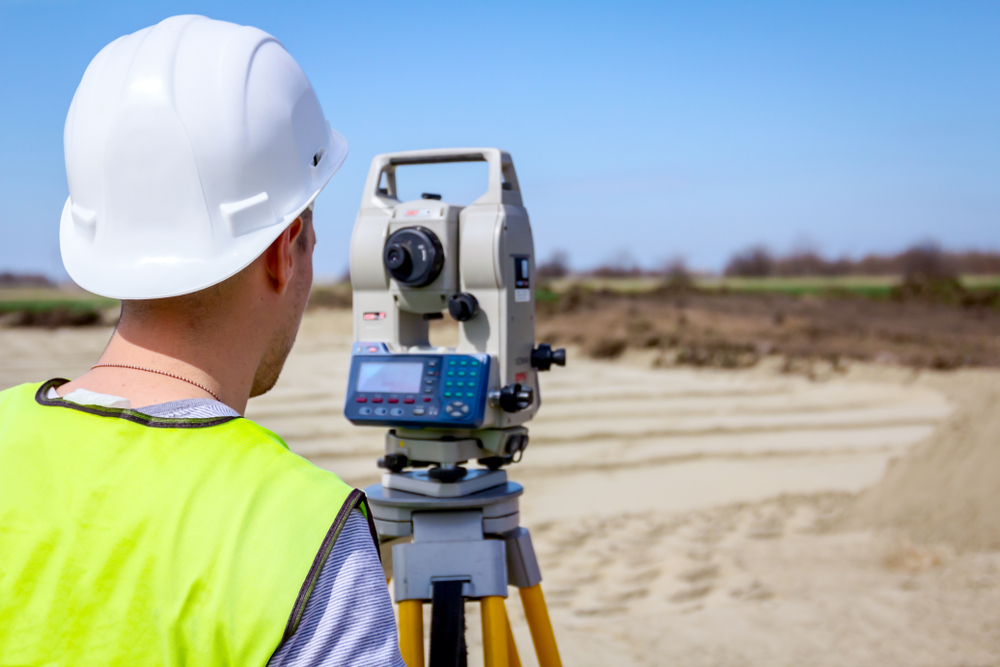Introduction:
New Zealand’s breathtaking landscapes, from its rugged coastlines to its majestic mountains, are not just picturesque backdrops but essential resources for its people. Behind the scenes of this natural beauty lies the meticulous work of professional land surveyors. These unsung heroes play a pivotal role in mapping, managing, and preserving the land that defines New Zealand’s identity. In this article, we’ll explore the indispensable contribution of professional land surveyors to the country’s development and sustainability.
Understanding the Role of Professional Land Surveyors:
Professional land surveyors are trained experts responsible for accurately measuring and mapping the land, determining property boundaries, and assessing its topography and resources. Their work forms the foundation for various sectors, including urban planning, infrastructure development, environmental conservation, and disaster management. In New Zealand, where land is not just a commodity but a cultural and economic asset, the role of land surveyors is particularly significant.
The Importance of Accurate Land Surveys:
Inaccurate land surveys can have far-reaching consequences, leading to property disputes, infrastructure errors, and environmental damage. Professional land surveyors ensure the precision and reliability of land measurements, which are crucial for:
- Resolving boundary disputes: Clear demarcation of property boundaries helps prevent legal conflicts among landowners.
- Facilitating development projects: Accurate surveys provide essential data for designing and constructing infrastructure such as roads, bridges, and buildings.
- Supporting resource management: Survey data assists in sustainable land use planning, conservation efforts, and natural resource management.
- Ensuring public safety: Precise topographic surveys help identify potential hazards and mitigate risks in areas prone to geological or environmental hazards.
- Upholding land tenure rights: Land surveys play a vital role in safeguarding indigenous land rights and preserving cultural heritage sites.
Technology Advancements in Land Surveying:
The field of land surveying has witnessed significant technological advancements, revolutionizing traditional surveying methods. Modern tools and techniques utilized by professional land surveyors in New Zealand include:
- Global Positioning System (GPS): GPS technology enables precise positioning and mapping of land features, improving survey accuracy and efficiency.
- Geographic Information Systems (GIS): GIS software allows land surveyors to analyze and visualize spatial data, facilitating informed decision-making in land management and planning.
- LiDAR (Light Detection and Ranging): LiDAR technology uses laser pulses to create detailed 3D maps of terrain, enhancing the precision of topographic surveys.
- Remote Sensing: Satellite imagery and aerial photography provide valuable insights into land cover, vegetation, and land use patterns, supporting environmental monitoring and assessment.
- Drones: Unmanned aerial vehicles (UAVs) equipped with cameras and sensors offer a cost-effective solution for conducting aerial surveys and mapping inaccessible or hazardous terrain.
Regulatory Framework for Land Surveyors in New Zealand:
In New Zealand, the practice of land surveying is regulated to ensure the competence and integrity of professional surveyors. Key aspects of the regulatory framework include:
- Licensing and Registration: Land surveyors must obtain a license from the New Zealand Institute of Surveyors (NZIS) and register with the New Zealand Board of Surveyors to practice legally.
- Code of Ethics: Surveyors are bound by a code of professional conduct, which emphasizes integrity, competence, and accountability in their dealings with clients and the public.
- Standards and Guidelines: Surveying standards and guidelines established by organizations such as Land Information New Zealand (LINZ) provide benchmarks for survey accuracy, data quality, and surveying practices.
Challenges and Future Directions:
Despite their indispensable role, professional land surveyors in New Zealand face various challenges, including:
- Technological complexity: Keeping pace with rapid advancements in surveying technology requires ongoing training and professional development.
- Environmental pressures: Balancing development needs with environmental conservation goals poses challenges in land surveying and resource management.
- Regulatory compliance: Adhering to stringent regulatory requirements and standards demands meticulous attention to detail and adherence to best practices. To address these challenges, collaboration among surveying professionals, policymakers, and stakeholders is essential. Embracing emerging technologies and fostering interdisciplinary approaches can enhance the effectiveness and sustainability of land surveying practices in New Zealand.
Professional land surveyors are the unsung guardians of New Zealand’s land, ensuring its accurate measurement, responsible management, and sustainable use. Their expertise and dedication are indispensable for navigating the complex terrain of land ownership, development, and conservation. As New Zealand continues to evolve and grow, the role of land surveyors remains vital in shaping its future and preserving its natural heritage for generations to come.

